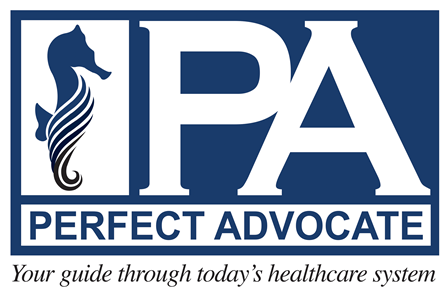A power of attorney is a legal document that allows an individual to assign somebody to represent them whenever financial matters arise. The person will help the individual in cases concerning his or her assets.
The POA allows persons to make specific transactions like sanctioning the sale of a home, or several transactions such as stock sales, writing checks, depositing social security checks, opening, and closing of accounts. However, the person with a power of attorney can only manage assets solely owned by the individual.
A power of attorney is written for immediate effectiveness as in a Durable Power of Attorney. You can also trigger it in case of a particular event, for example, competency which in this case will be a Springing Durable Power of Attorney. When triggered by a lack of competency, an opinion from the doctor would be required to ascertain the individual’s lack of ability before the POA becomes effective. However, once it’s effective, it remains active until the individual dies.
A regular POA does not give a person the power to manage the federal benefit checks for veterans and does not allow a person to manage SSI checks for those who receive social security.
Relevant parties when creating a POA
When creating a POA several parties are involved, some required and others optional. However, of all the parties involved, only three are required to develop a POA. They include:
- Principal
The principal is the individual who is giving up the power through the POA. Mostly, the principal is the older adult who could be in poor health.
- Agent
The person who is granted the power through the POA is the Agent. The individual will be making financial decisions on behalf of the principal. Mostly, an adult child becomes the agent.
- Notary public
A notary public is an individual who has a license from the State Government to be an official witness.
Who creates a POA and when?
Every aging individual should have a power of attorney, because there are unforeseeable issues which come with aging. Therefore, it makes sense to have a Power of Attorney.
Most people would wonder if it’s too late to have a power of attorney. However, it would be too late if you don’t know the basics of competency. It’s important to be aware of what you are signing, and what to expect in case, you don’t have a power of attorney.


Recent Comments